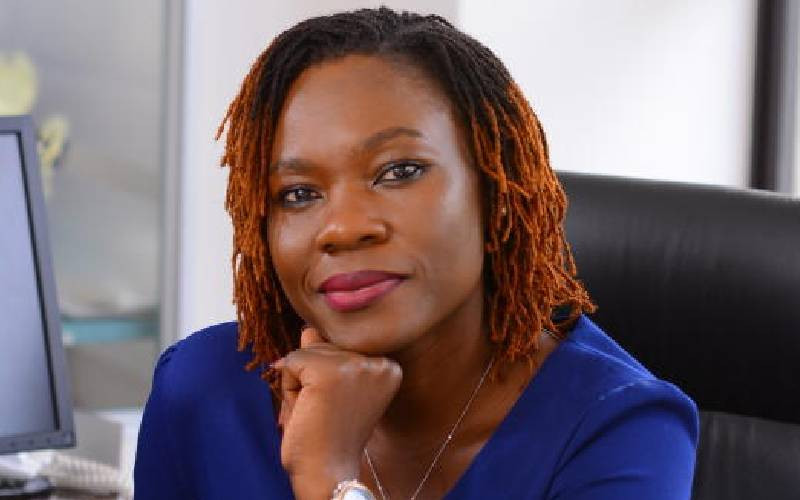×
The Standard e-Paper
Fearless, Trusted News

There is a concurrence that organisations must urgently address Environmental, Social and Governance (ESG) issues to achieve growth and meaningfully impact their communities.
The urgency comes from the escalating global environment and social crises that have bestowed upon businesses a critical role to play in addressing these challenges.







